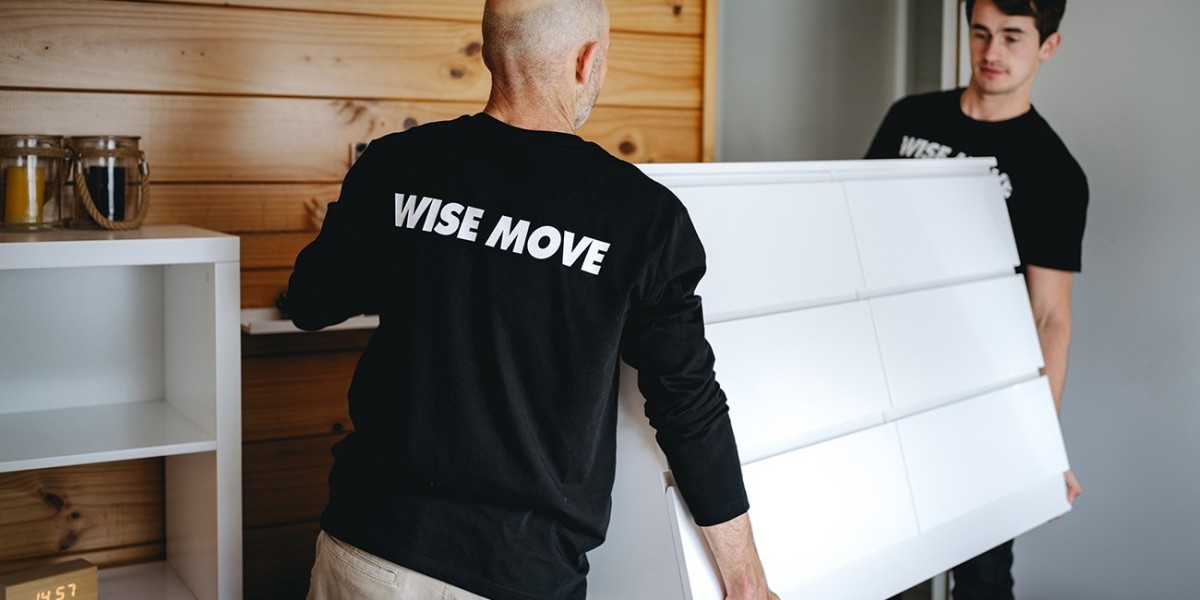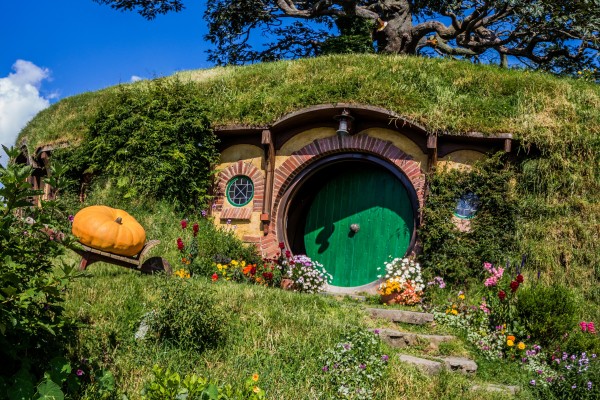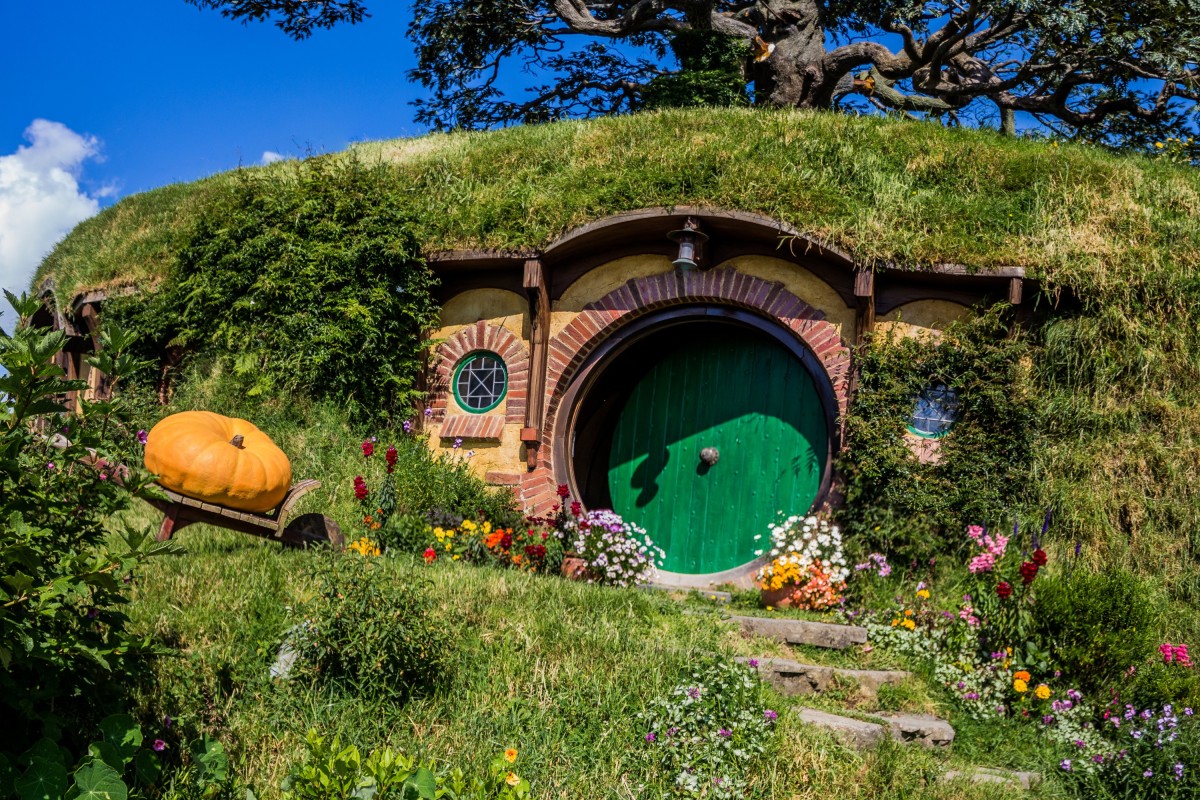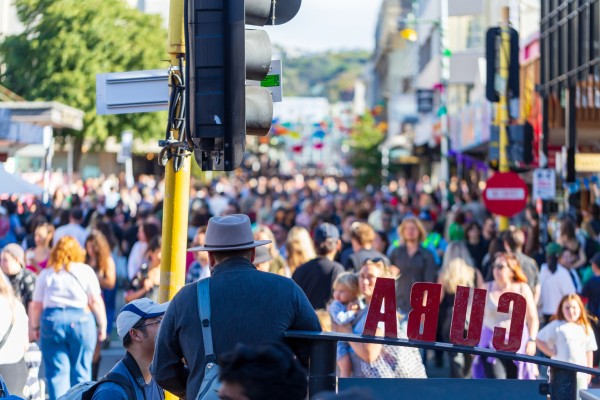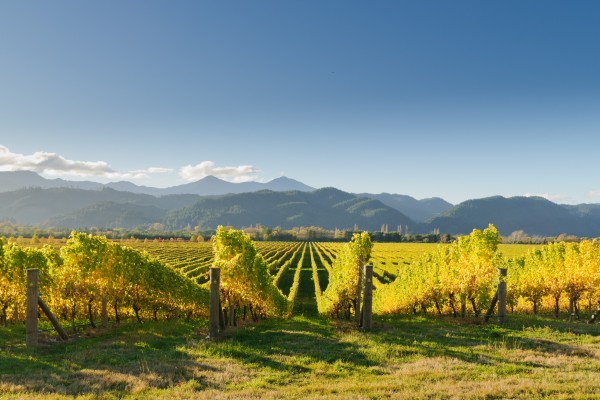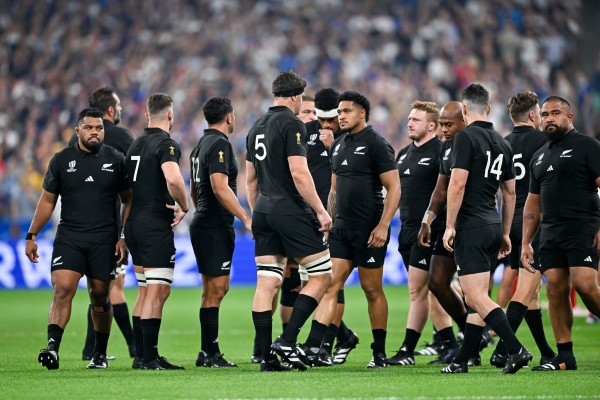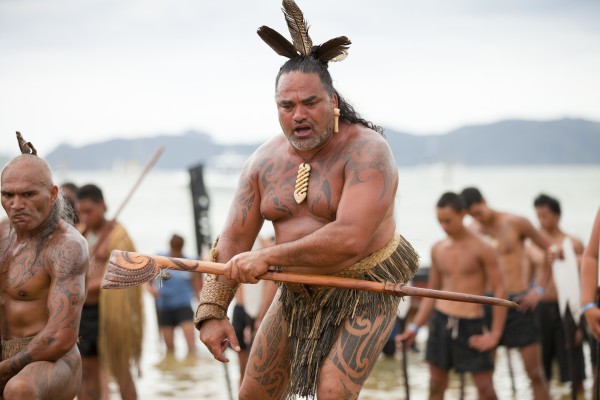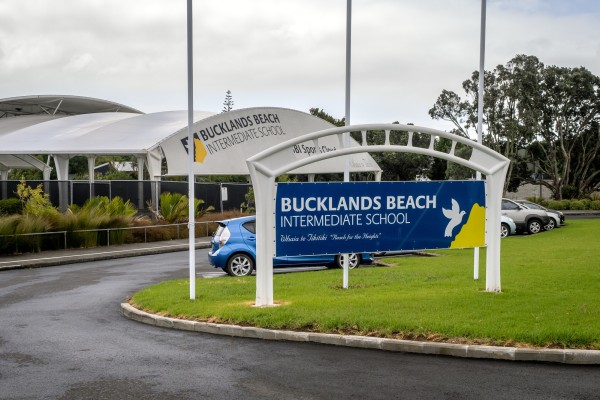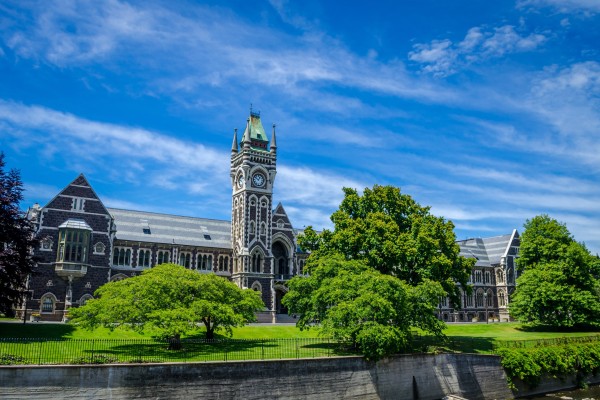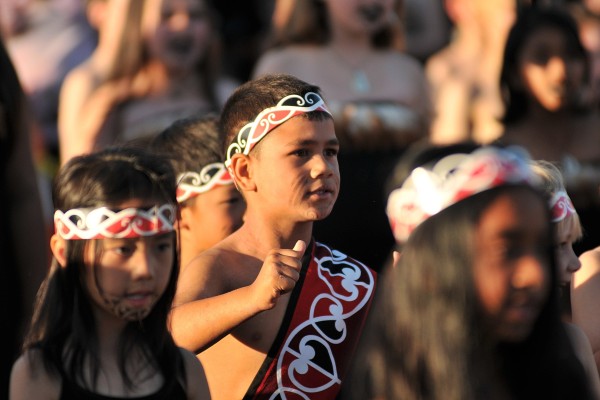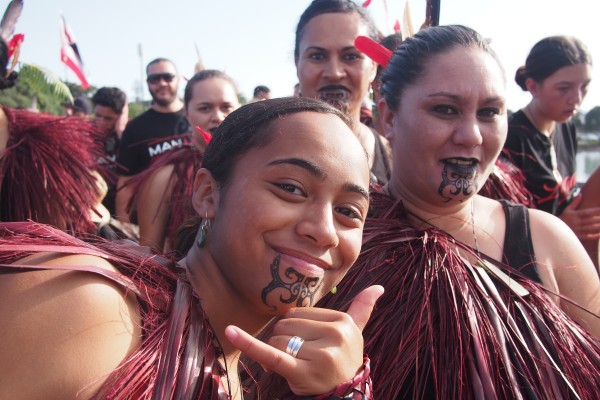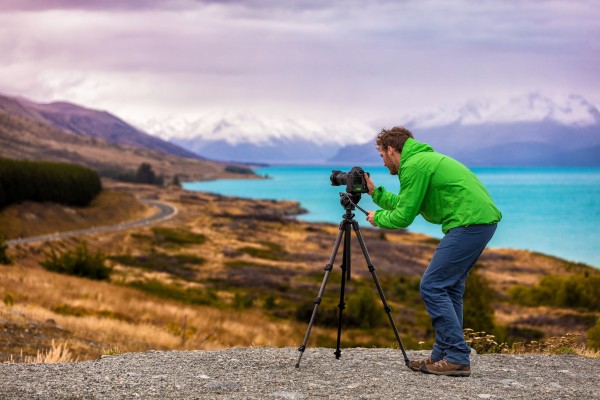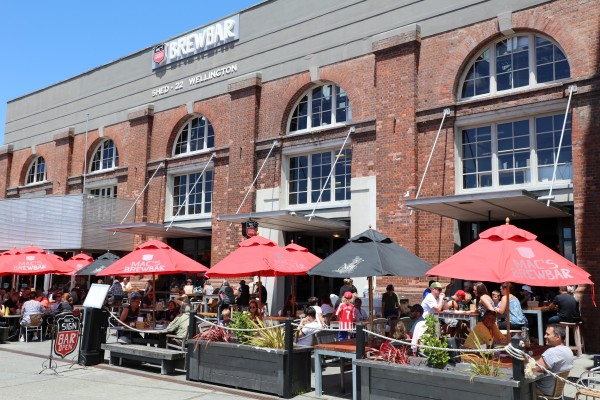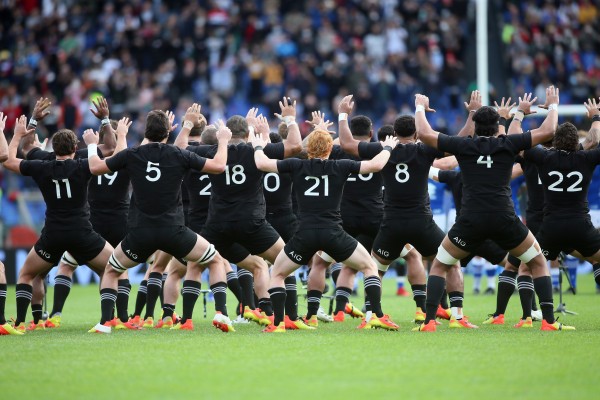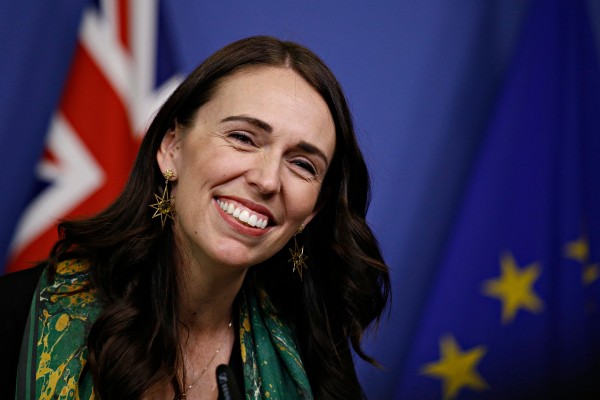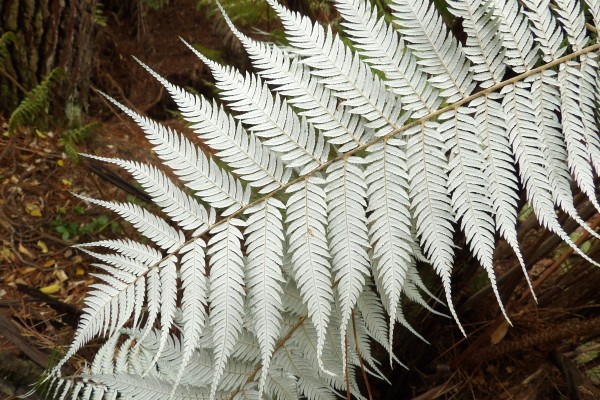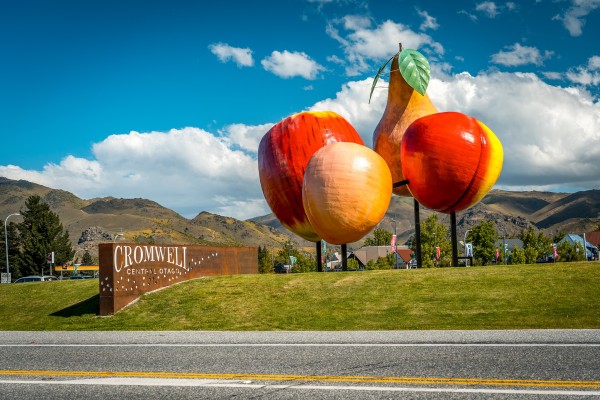Inside New Zealand's Film Industry: From Local Productions to Global Blockbusters
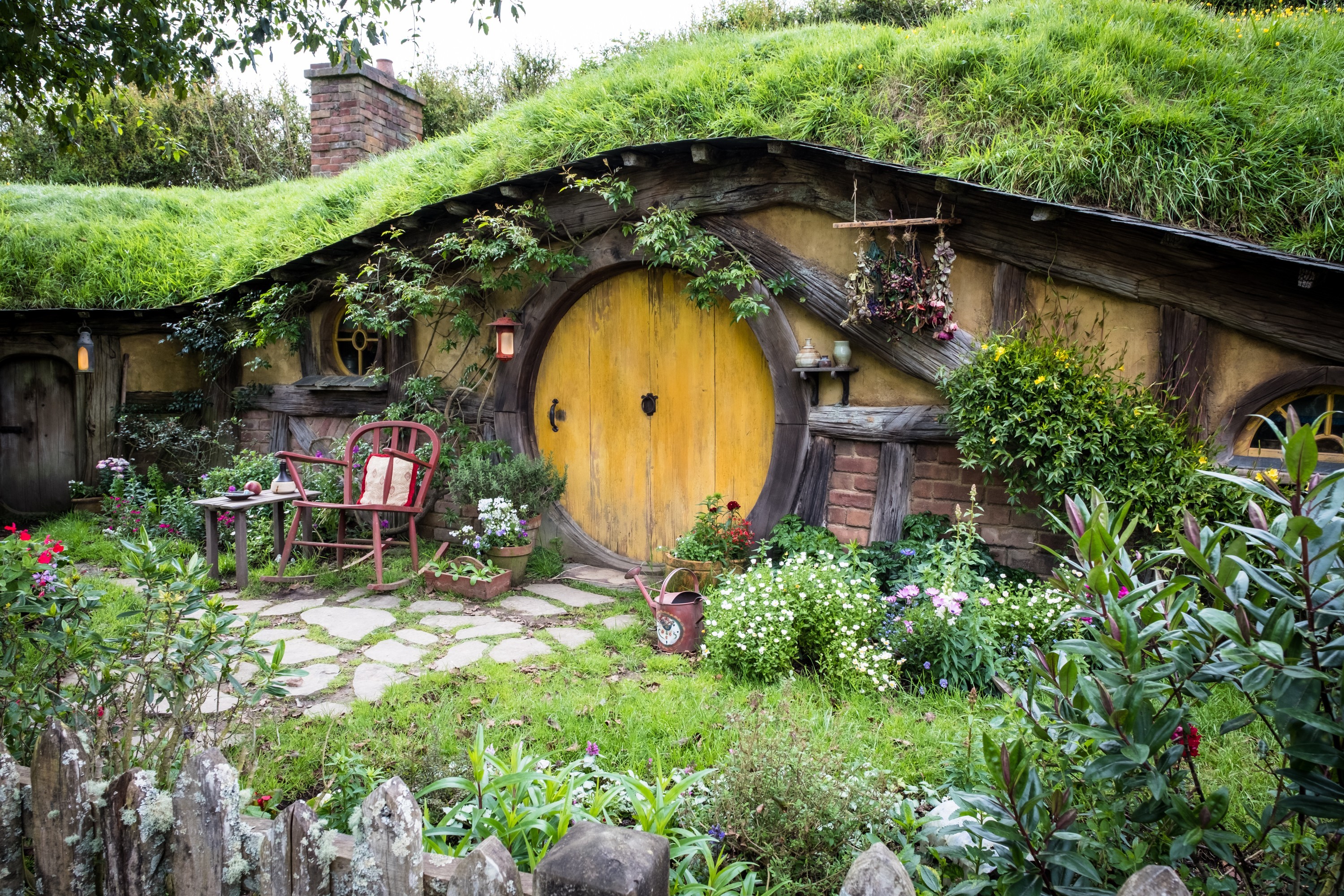
New Zealand isn't just a land of breathtaking landscapes and adventure sports; it's also a major contributor to the world of global cinema. The New Zealand film industry is uniquely positioned to create and produce global blockbusters as well as quirky indie films thanks to the unique Kiwi blend of creativity, innovation, and stunning locations.
New Zealand films and locations have significantly impacted the global cinematic landscape. Learn how the New Zealand film industry went from humble beginnings to its current status as a cinematic force to be reckoned with.
The Importance of the New Zealand Film Sector
The screen sector plays a pivotal role in bolstering the New Zealand economy, contributing over NZ$3.5 billion annually and providing direct employment for more than 16,000 people. Beyond its immediate impact, the sector ripples through various industries, including hospitality, construction, and tourism, generating indirect benefits.
Attracting international films and television to be shot and produced in New Zealand also has a flow on effect on the local economy. Not only doest it help to promote tourism, it increases the skills and experience of local workers and generates recognition for New Zealand as a world-class place to make films. Large productions help create more jobs, accelerate skills, techniques and innovation and have a spill-over effect on other sectors.
The Lasting Impact of Lord of the Rings
If there’s one thing foreigners know about New Zealand film, it’s the Lord of the Rings trilogy. Famous for its beautiful locations that put Kiwi tourism on the map, New Zealand's film industry gained international recognition primarily through Director Sir Peter Jackson and his fantasy trilogy.
His groundbreaking work on "The Lord of the Rings" trilogy captivated audiences worldwide and put New Zealand on the map as a premier filming destination. The lush landscapes, rolling hills, and majestic mountains of Aotearoa served as the perfect backdrop for the fantastical realms of Middle-earth.
The film did more than cement New Zealand as a beautiful destination for tourists and film enthusiasts. Sir Peter Jackson’s decision to produce the film in New Zealand and make use of Weta Workshops, the company behind the film’s stunning Physical and Visual Effects, created a lasting legacy that New Zealand was capable of producing visually challenging films better than anywhere else in the world.
Peter Jackson's Cinematic Legacy
Sir Peter Jackson's contributions to New Zealand's film industry go beyond The Lord of the Rings. His films include Heavenly Creatures, King Kong, and The Hobbit trilogy, which have all received critical acclaim.
Before Lord of the Rings, most New Zealand filmmakers often had to leave the country to be taken seriously. In 1993, Jane Campion’s The Piano won three Academy Awards and was the highest-grossing New Zealand film of all time. The period drama helped to show what New Zealand filmmakers and talent were capable of before Peter Jackson capitalised on it by bringing the production of three major films to Aotearoa.
Building on the momentum generated by Peter Jackson, a new wave of Kiwi filmmakers has emerged, each bringing a unique voice and perspective to the screen. Directors like Taika Waititi, known for his offbeat humour in What We Do in the Shadows and the heartfelt drama of Hunt for the Wilderpeople, showcase the diversity of storytelling emanating from New Zealand.
Spectacular Filming Locations and Incentives
New Zealand's natural beauty is not just a backdrop; it's a character in the stories told on screen. During shooting for The Lord of the Rings, the three films used a total of 150 locations throughout New Zealand to showcase everything from the rolling hills of the shire to the doomed slopes of Mordor.
Since then, many other filmmakers have realised they are spoiled for choice when it comes to selecting locations that add an extra layer of storytelling to their movies. New Zealand’s film-friendly policies and commitment to environmental sustainability further enhance its appeal as a top-tier filming destination.
Since 2014, the New Zealand government has been using rebates to encourage filmmakers from around the world to use New Zealand locations and talent to sell their stories. The New Zealand Screen Production Rebate (NZSPR) supports the screen sector by providing rebates on goods and services purchased in New Zealand. These rebates are between 20% and 25% for international productions. This along with the low exchange rate, makes New Zealand a great economical choice for shooting movies. Rebates are also available for domestic products, helping to bolster locally-made television and movies for New Zealand audiences.
The Wellington Film Industry
Wellington, the capital city, has emerged as the epicentre of New Zealand's film industry. Boasting world-class production facilities, post-production services, and the iconic Weta Workshop, Wellington has become a hub for both local and international filmmakers. The city's annual New Zealand International Film Festival draws cinephiles from around the world, celebrating the best of Kiwi cinema.
International Collaborations and Film Festivals
New Zealand's film industry collaborates internationally, contributing its expertise to major Hollywood productions. Since Lord of the Rings, many blockbuster movies have collaborated with Weta studios or shot scenes in New Zealand, including:
- The Last Samurai (2003)
- The Chronicles of Narnia (2005, 2008, 2010)
- 30 Days of Night (2007)
- Avatar (2009, 2021)
- X-Men Origins: Wolverine (2009)
- King Kong (2010)
- Boy (2010)
- The Adventures of Tin Tin: The Secret of the Unicorn (2011)
- The Hobbit Trilogy (2012, 2013, 2014)
- Pete’s Dragon (2016)
- Hunt for the Wilderpeople (2016)
- Alien: Covenant (2017)
- Mission: Impossible Fallout (2018)
- Mulan (2020)
- Evil Dead Rise (2023)
What do our customers say?






For every (wise)move

